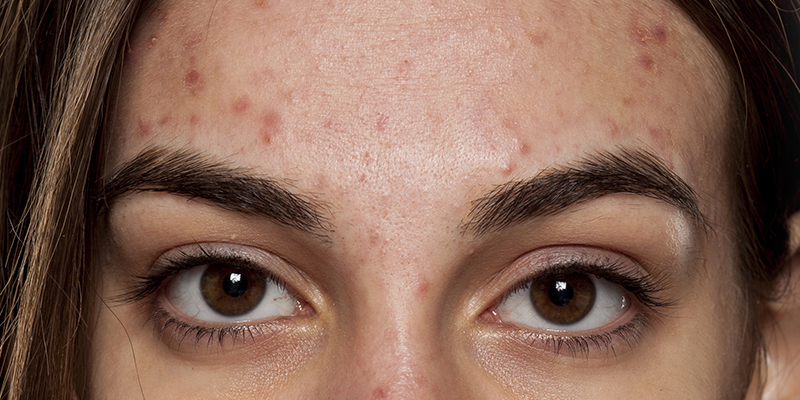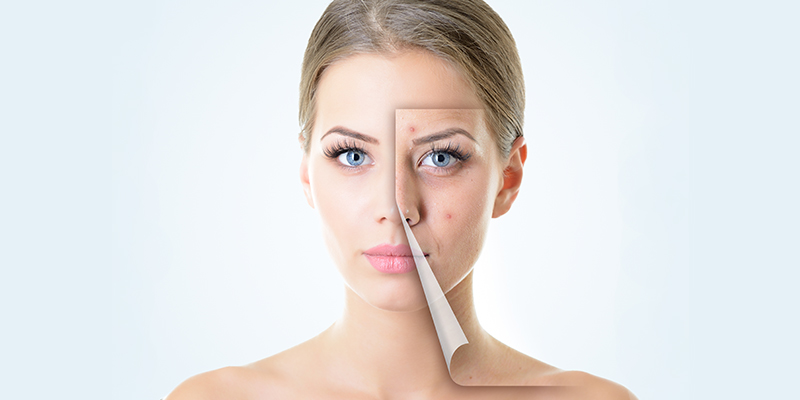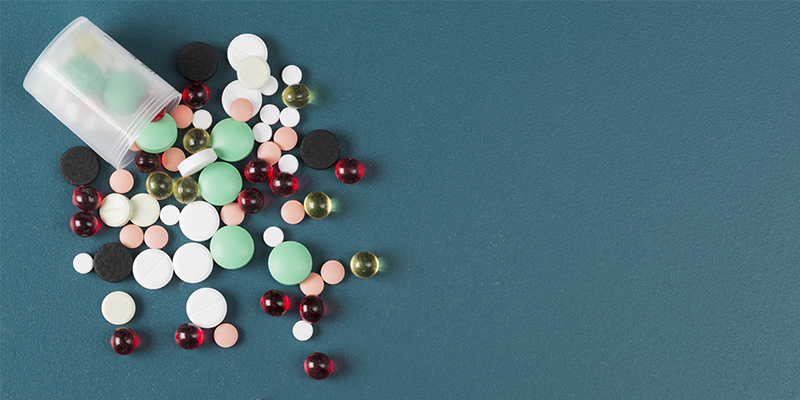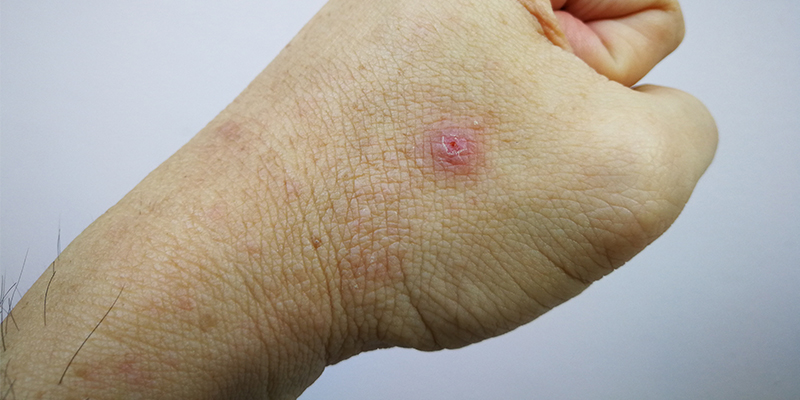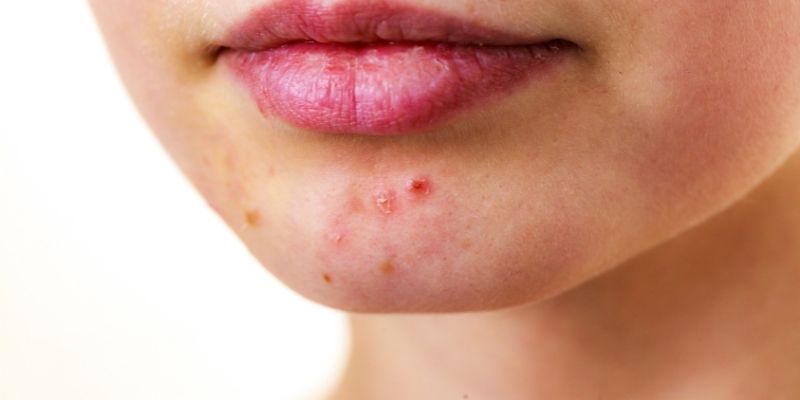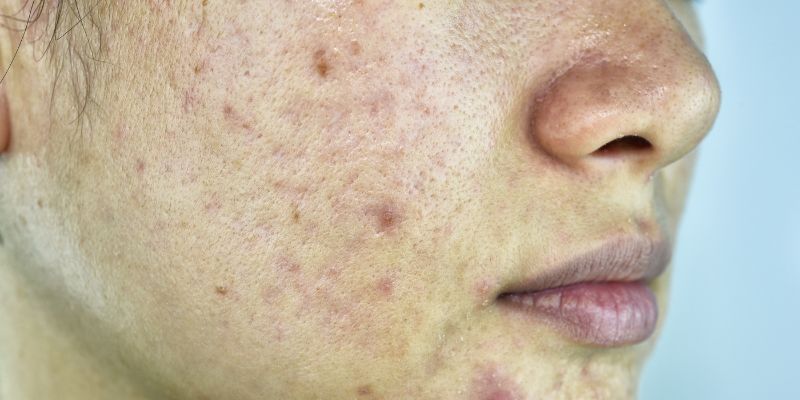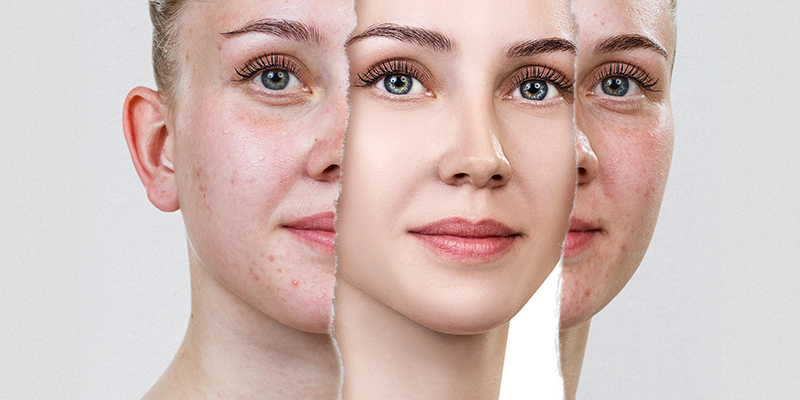Adult Acne: Causes, Symptoms, Treatments And Prevention Tips
Are you having breakouts well beyond your teenage years and have no idea what you maybe possibly doing wrong? Well, it’s time to know more about adult acne.
Adult acne is a common occurrence that largely affects women in their 20s and 30s and some men as well. It is essential to investigate the potential causes before seeking safe and effective treatments for it. Read this article to know more about it!
What Is Adult Acne?
Adult acne is an inflammatory multifactorial skin condition that affects people beyond the teenage phase. It is common in women in their late 20s and 30s and beyond who may be having hormonal fluctuations.
Adult acne can occur anywhere on the body, but it usually affects the lower part of the face, especially along the jawline, upper neck, chest and back. Any form of acne can result in dark spots and scarring if left untreated.
Must Read: How To Get Rid Of Teenage Acne?
What Causes Acne Outbreaks In Adults?
Some of the primary causes that trigger breakouts in adults include –
- Hormonal Fluctuation – Hormonal imbalances due to premenstrual phase, pregnancy, PCOS (polycystic ovarian syndrome), thyroid disorders, insulin resistance and obesity can trigger acne flare-ups. It can either be due to excess production of hormones like androgens or increased sensitivity of the hormone receptors or the direct influence of the hormones on the sebaceous glands (oil glands present in the skin).
- Genetic Propensity – If you have a family history of adult acne, you have increased chances of having the skin condition compared to others.
- Increased Stress Levels – High stress can trigger the production of cortisol hormone, which further stimulates oil glands to overproduce sebum and cause acne.
- Wrong Skincare Products – Comedogenic and oil-based products may clog the pores and cause acne flare-ups.
- Side-effects Of Drugs – Use of some medications such as corticosteroids and antidepressants disrupt the hormonal balance of the body and cause acne as a side-effect.
- High-Sugar Diet – Foods with high glycemic index and dairy products are known triggers for adult acne.
- Environmental Factors – Excessive exposure to sun, dirt, pollution and environmental irritants may lead to the clogging of pores and pimples in adults.
- Tobacco Consumption – Cigarettes and other tobacco products contain nicotine that can spike the sebum production and cause skin inflammation in the form of acne.
Must Read: Acne Vulgaris – Classifications, Causes And Symptoms
Signs And Symptoms Of Adult Acne
You may be having adult acne if you are having the following signs and symptoms –
- Excessive sebum production, i.e. seborrhoea manifesting as excessively oily skin.
- Persistent redness and skin inflammation.
- Mild to moderate adult acne in the form of comedones (blackheads or whiteheads) or small raised pus-filled bumps (pustules) or solid elevated lesions, i.e. papules.
- If deep-seated cysts and nodules characterise your skin condition, it means you are having a severe form of acne.
- Sequelae like dark spots, blemishes or pits and scars after skin inflammation subsides.
What Are The Best Treatments For Adult Acne?
Treating the underlying cause of adult acne remains the most critical aspect of managing adult acne. Additionally, your dermatologist may suggest the following advanced procedures as standalone or combination treatment based on your skin type and the severity of your skin condition.
- Comedone Extraction – Dermatologists use specialised tools to manually remove blackheads in a sterile environment to treat mild forms of acne.
- Chemical Peels – Dermatologists use plant-based extracts and mild acids of varying strengths to facilitate controlled exfoliation of the skin. It helps remove dead cells from the upper layer and reveal the healthy skin from underneath. Salicylic acid, mandelic acid peels, glycolic acid peels or combination peels are the most popular ones used to treat mild to moderate form of adult acne.
- Topical And Oral Medications – There are several anti-acne medications for topical application in the form of gels, creams and face washes that contain benzoyl peroxide, azelaic acid, clindamycin, and retinoids. Besides oral medications that include antibiotics like tetracyclines and azithromycin, retinoids like isotretinoin, oral contraceptives, and spironolactone can help minimise breakouts. Although these drugs may be available OTC (over-the-counter), it is advisable to use them under the supervision of an experienced dermatologist for best results. Unsupervised use of these drugs may result in antibiotic resistance and other health complications.
- Hormonal Treatment – Your dermatologist may recommend hormonal treatment for effectively reducing adult acne and prescribe low dose hormonal pills or androgen blockers that help to regulate hormonal levels in the body. These drugs work by decreasing the production of androgens, mainly testosterone, thereby regulating the sebum production of the skin.
Must Read: How To Treat Hormonal Acne?
How To Prevent Adult Acne?
Here are some simple and useful tips for preventing adult acne:
- Wash your face twice a day with a gentle cleanser to get rid of makeup, dirt and grime, especially after a sweaty workout to prevent breakouts.
- Consume a healthy diet and include plenty of dietary fibre in the form of fresh fruits and vegetables while avoiding intake of excess sugar, salts, dairy products and food with high glycemic index to minimise acne.
- Always use non-comedogenic, water-based and non-irritant skincare and makeup products that do not clog the pores or irritate your acne-prone skin.
- Destress yourself by doing yoga, moderate exercises or meditation to reduce your stress levels and acne flare-ups.
- Use an appropriate sunscreen and moisturiser to maintain your skin barrier. Ask your dermatologist to recommend an apt skincare routine.
Must Read: How To Prevent Pimples On Face?
Adult acne may lead to post-inflammatory hyperpigmentation in the form of dark spots and permanent collagen damage in the form of scars if left untreated. It is critical to seek the advice of a qualified dermatologist on priority if you are suffering from adult acne. Visit Oliva Skin & Hair Clinic for advanced safe and effective solutions for all grades of adult acne today!






